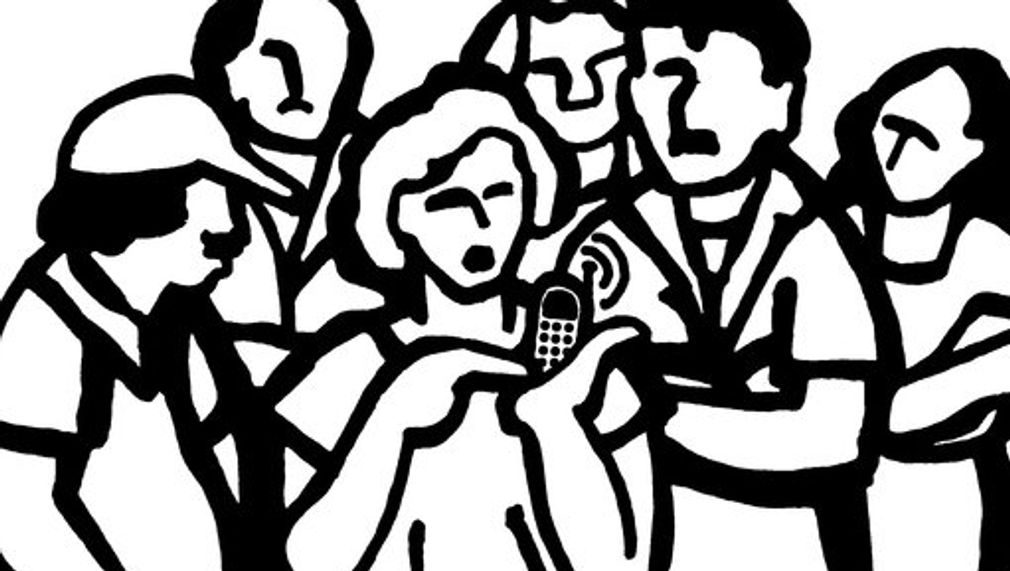Connecting Low Wage Immigrant Workers to the Internet
IDEPSCA will design and implement a series of blingual English/Spanish trainings for low wage immigrant workers on how to use their mobile phones to better connect them to services in the City of LA. The trainings will include how to connect to free wireless networks and use apps on their phones including JobsLA, GoMetro, MyLA 311. We will also show workers how to use social media apps to connect to their government representatives and local neighborhood councils.

In what areas of Los Angeles will you be directly working?
San Fernando Valley
City of Los Angeles
Neighborhoods of Pico Union, Downtown, Westlake, Hollywood, North Hollywood, Cypress Park, Van Nuys and Wilmingotn
How do you plan to use these resources to make change?
Conduct research
Engage residents and stakeholders
Implement a pilot or new project
Expand a pilot or a program
Mobilize for systems change
How will your proposal improve the following CONNECT metrics?
Median travel time to work
Number of public transit riders
Participation in neighborhood councils
Government responsiveness to residents’ needs (Dream Metric)
Transit-accessible housing and employment (the share of housing units and percentage of jobs that are located near transit)
Total number of local social media friends and connections (Dream Metric)
Access to free wifi (Dream Metric)
Describe in greater detail how you will make LA the best place to CONNECT.
IDEPSCA will design and implement a series of blingual English/Spanish trainings for low wage immigrant workers on how to use their mobile phones to better connect them to services in the City of LA. The trainings will include how to connect to free wireless networks and use apps on their phones including JobsLA, GoMetro, MyLA 311. We will also show workers how to use social media apps to connect to their government representatives and local neighborhood councils. These trainings will be conducted in and around the seven day labor centers in the City of Los Angeles. While the digital divide may be closing, with more people accessing mobile technology, there is still a knowledge gap when it comes to knowing how to access city services including how to catch a bus to a job, who their City Council member is, and when the next neighborhood council meeting is. Additionally, many people worry about accessing information on their cell phones because of the high cost of data access. This is why teaching people where they can access free wifi in Los Angeles is critical. According to a 2008 study we conducted in five day labor centers in Los Angeles we found that most workers (78%) owned mobile phones and used them on a regular basis. A
majority of the respondents reported using their phones primarily for work purposes and also to contact friends and family in other countries. We discovered that phone models and plans varied greatly, as did usage of specific phone features such as text, video, and photos. Interestingly, many workers knew how to
take photos using their mobile phones but did not know how to send these to others others. Mobile tech has changed much since 2008 and we would additionally like to use this opportunity to assess low immigrant worker access to mobile phones and their use of civic tech. We would also like to create a mobile phone lending library, that would allow worker members to "check out" a smart phone while they are at a worker center. They can use this phone to contact an employer or use one of the city apps. This would have the dual purpose of increasing access to smart phone tech, allow workers to practice skills they learned in trainings, and access city information and services.
Please explain how you will evaluate your work.
One way we will evaluate our work will be via pre and post surveys. The pre surveys will assess how many workers across the seven day labor centers currently access City of LA services on their mobile phones and why or why not (i.e. didn't know how, was afraid to, don't have wi-fi, don't have cell phone, didn't know I could). At the end of 6 months of training, we will conduct a post survey to see if those numbers changed and the impact (jobs, shorter commute times, more participation in government).
How can the LA2050 community and other stakeholders help your proposal succeed
Money (financial capital)
Volunteers/staff (human capital)
Publicity/awareness (social capital)
Technical infrastructure (computers, etc.)
Community outreach